AMWUA Blog
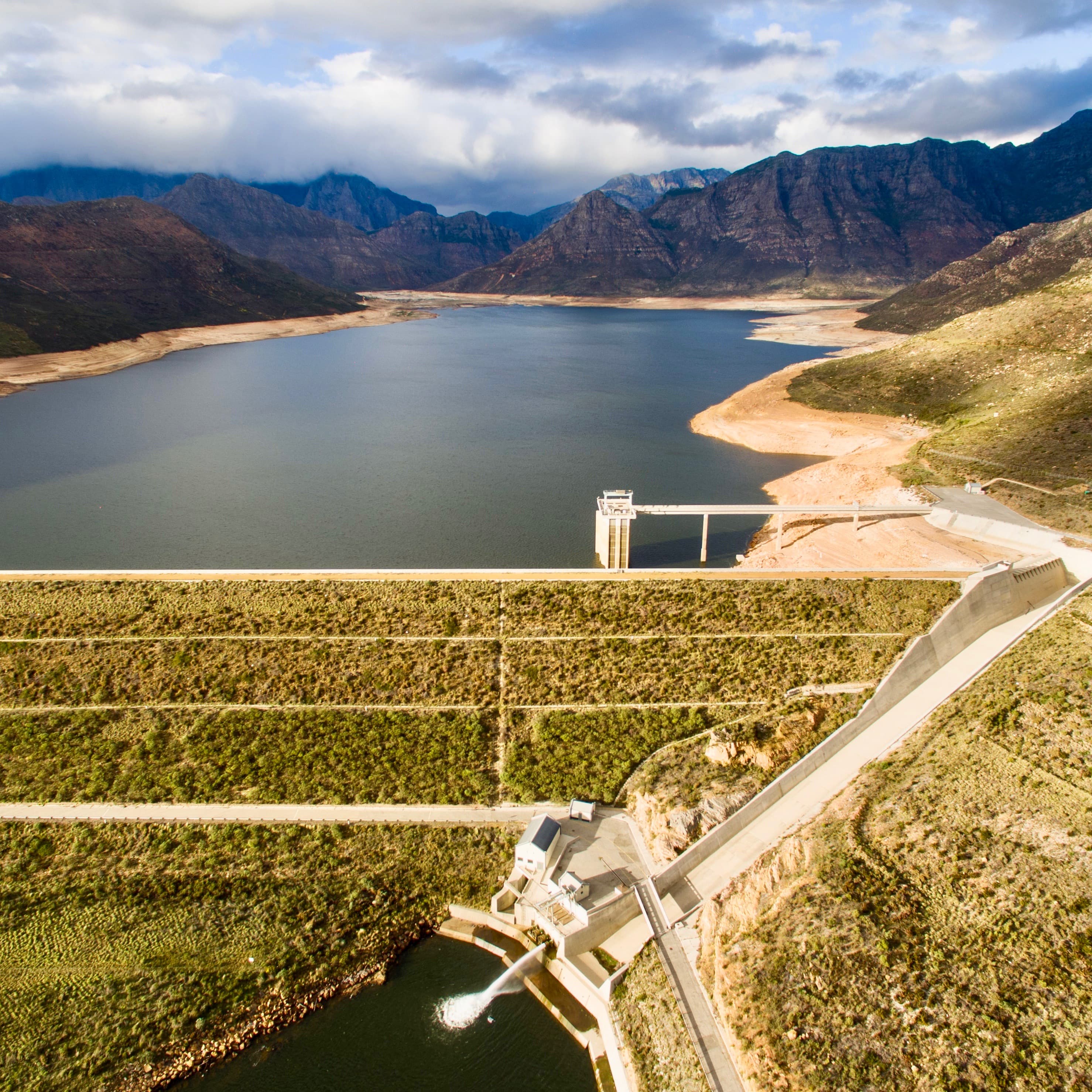
Lessons from Cape Town: Avoiding Arizona’s Day Zero
Cape Town, home to 4 million people, may become the first major city in the world to run out of water ...
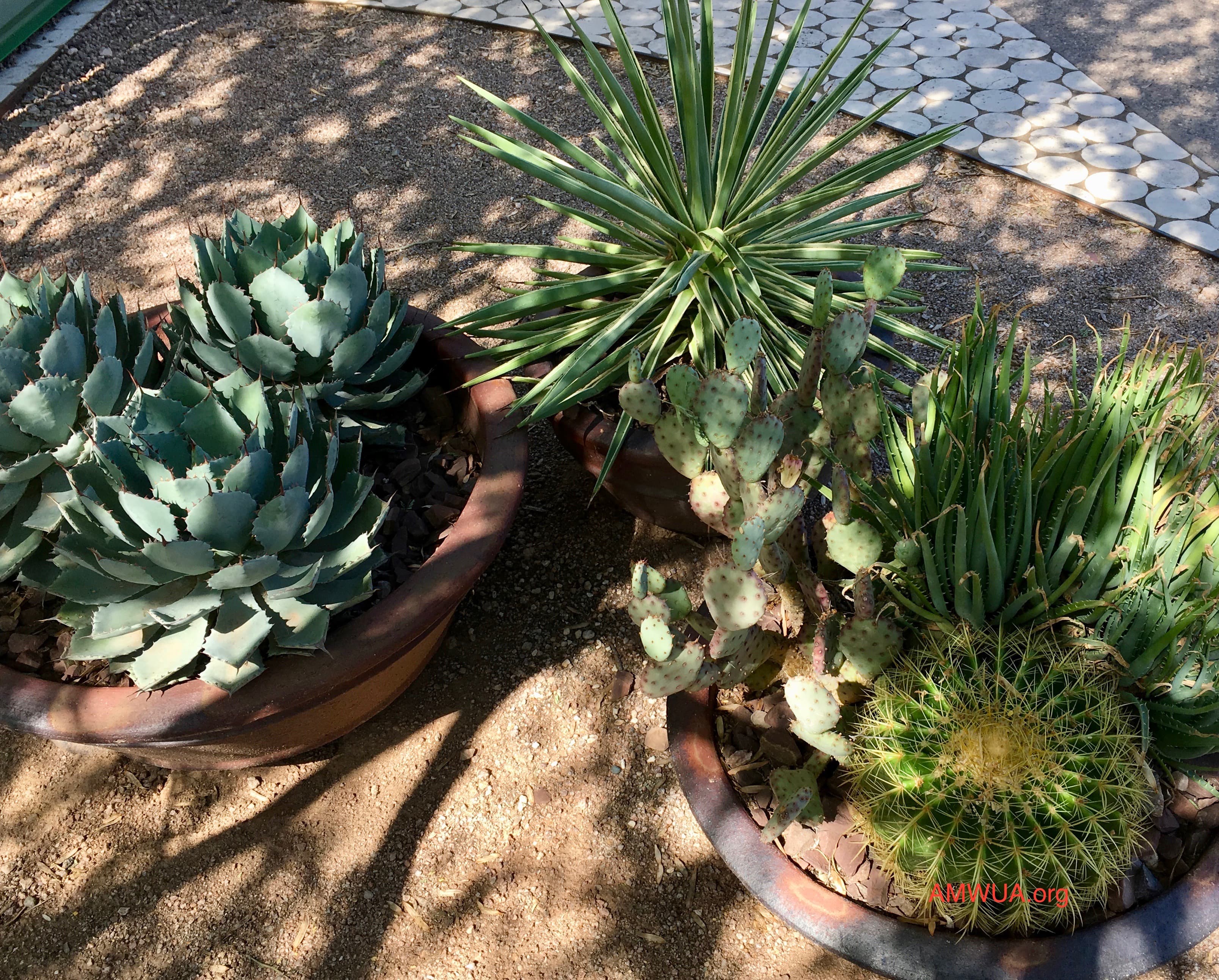
Feb 05 2018
Free City Classes Brighten Large And Small SpacesContainer gardens of cactus and succulents can add color and dimension to a yard, drama to a small patio, and life to an apartment balcony. They also can be frustrating and leave you with dead and dying stumps and withered leaves in dirt pots. A few tips can take the mystery out of maintaining potted plants. The City of Avondale’s free class about the dos and don’ts of container gardening is just ...
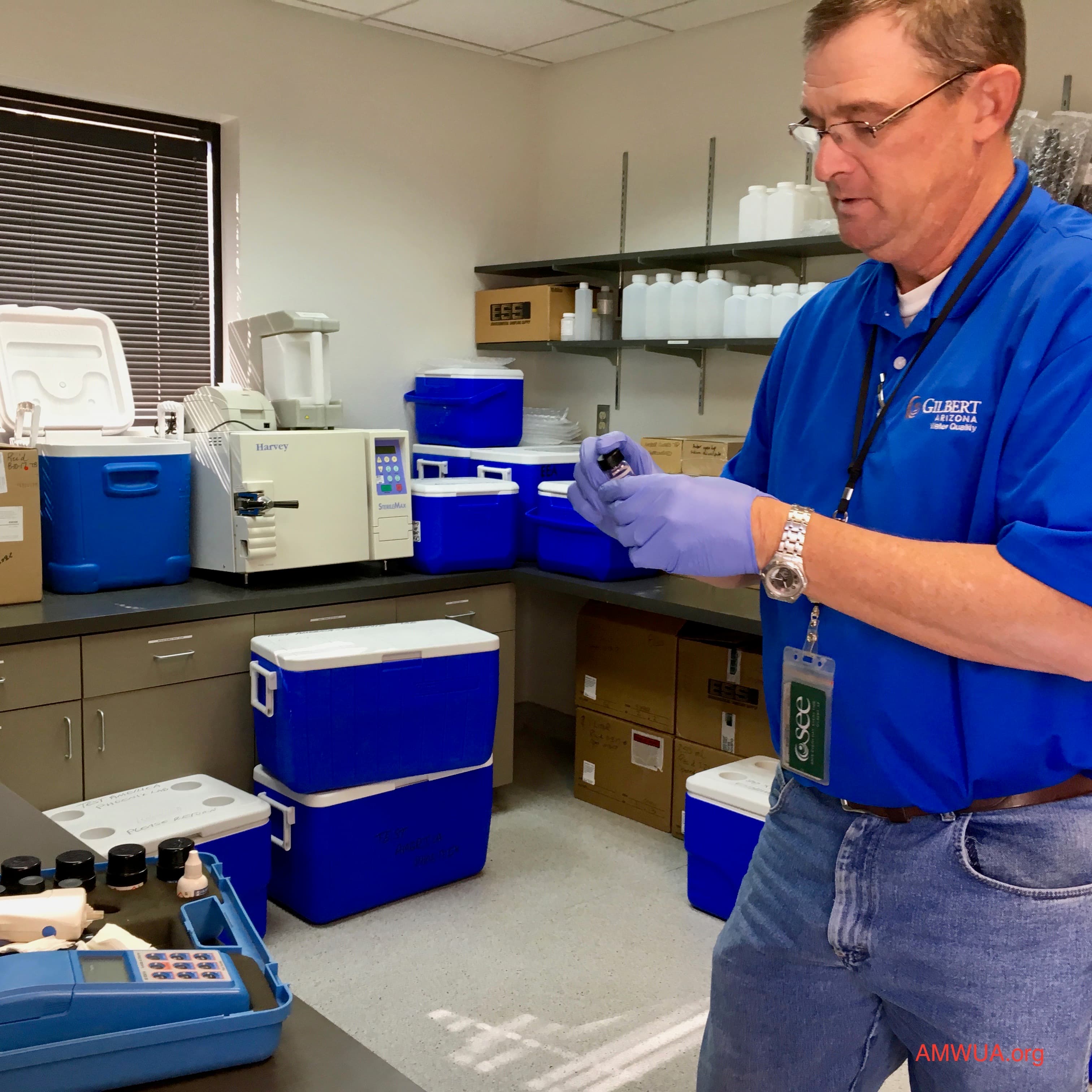
Jan 29 2018
On The Job: Water Tech Works His Way To A ComebackIn the economically disastrous year of 2009, Chris Harris lost his job in the wholesale automobile business. He was 43 years old and his wife was pregnant with twins. Chris had no college degree, but he did have a mortgage. Life was a mess, but Chris created a way out. It wasn’t easy. “It could have gotten derailed anywhere along the line,” Chris said. ...

Jan 22 2018
Science And Math Help Balance Tempe’s New Water RatesSetting water rates is never easy. There are two overriding considerations for a city when calculating a new rate structure. First, city water departments need to cover service costs. These costs include replacing aging infrastructure and operating, maintaining and expanding water and wastewater systems, and loan payments for capital improvements. Second, cities recognize that water is a limited r...
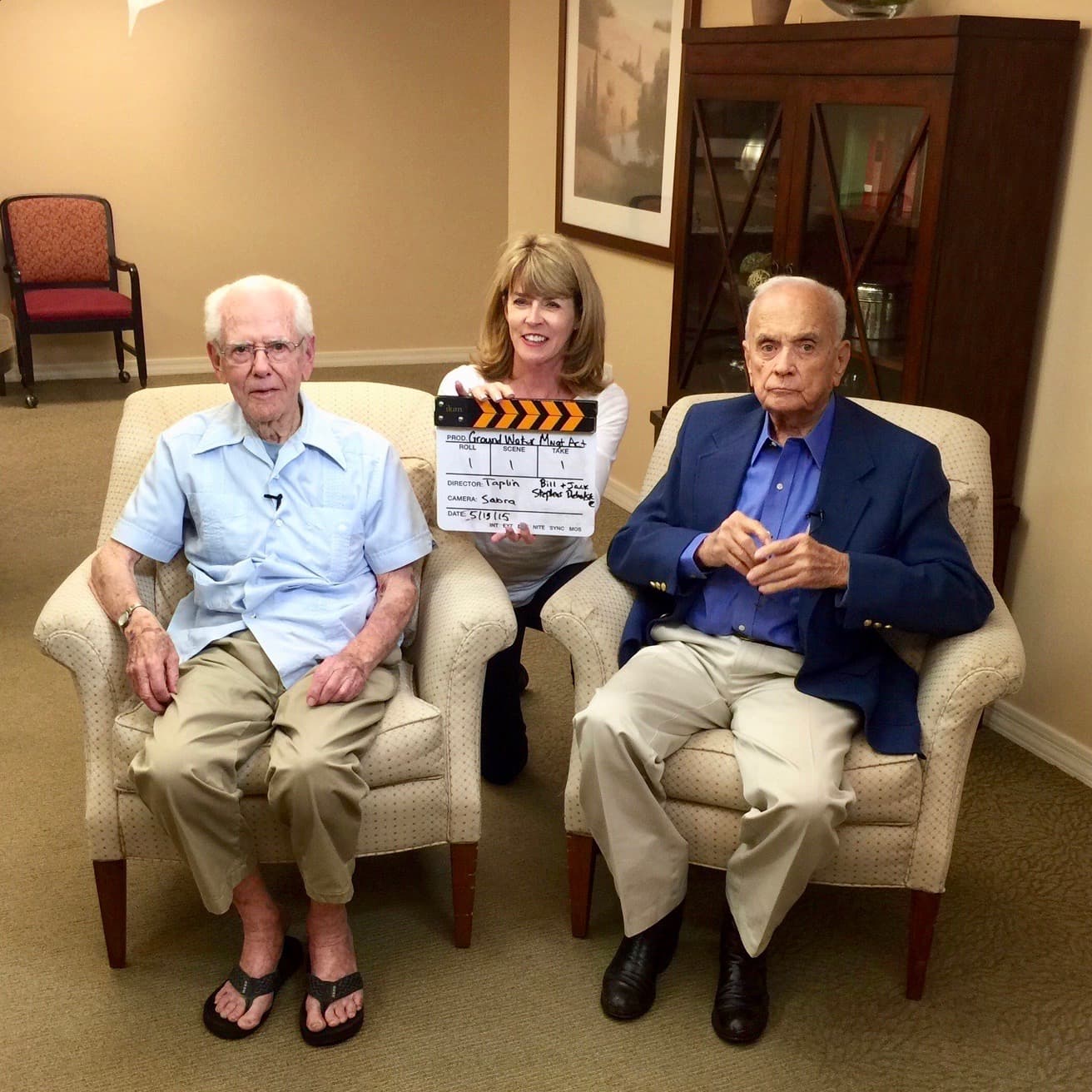
Jan 15 2018
Groundwater Documentary A Guide To Solving Today’s Water ChallengesThe desert cities in Central Arizona have withstood 22 years of ongoing drought without imposing emergency conservation measures, such as those California ordered in 2015. Much of the credit goes to a groundbreaking piece of legislation called the Arizona Groundwater Management Act. The 37-year-old law is responsible for Arizona’s reputation as a leader in water management. The true story of how t...

Jan 08 2018
2017: AMWUA Cities Worked To Assure Water Supplies2017 was another busy year in water. It marked AMWUA’s 48th year of supporting the work of 10 Central Arizona cities to assure safe and reliable water for their residents. During 2017, as in previous years, water professionals worked together to create partnerships and policies that protected their cities’ water supplies and, consequently, helped their economies grow. Droughts, record-breaking tem...
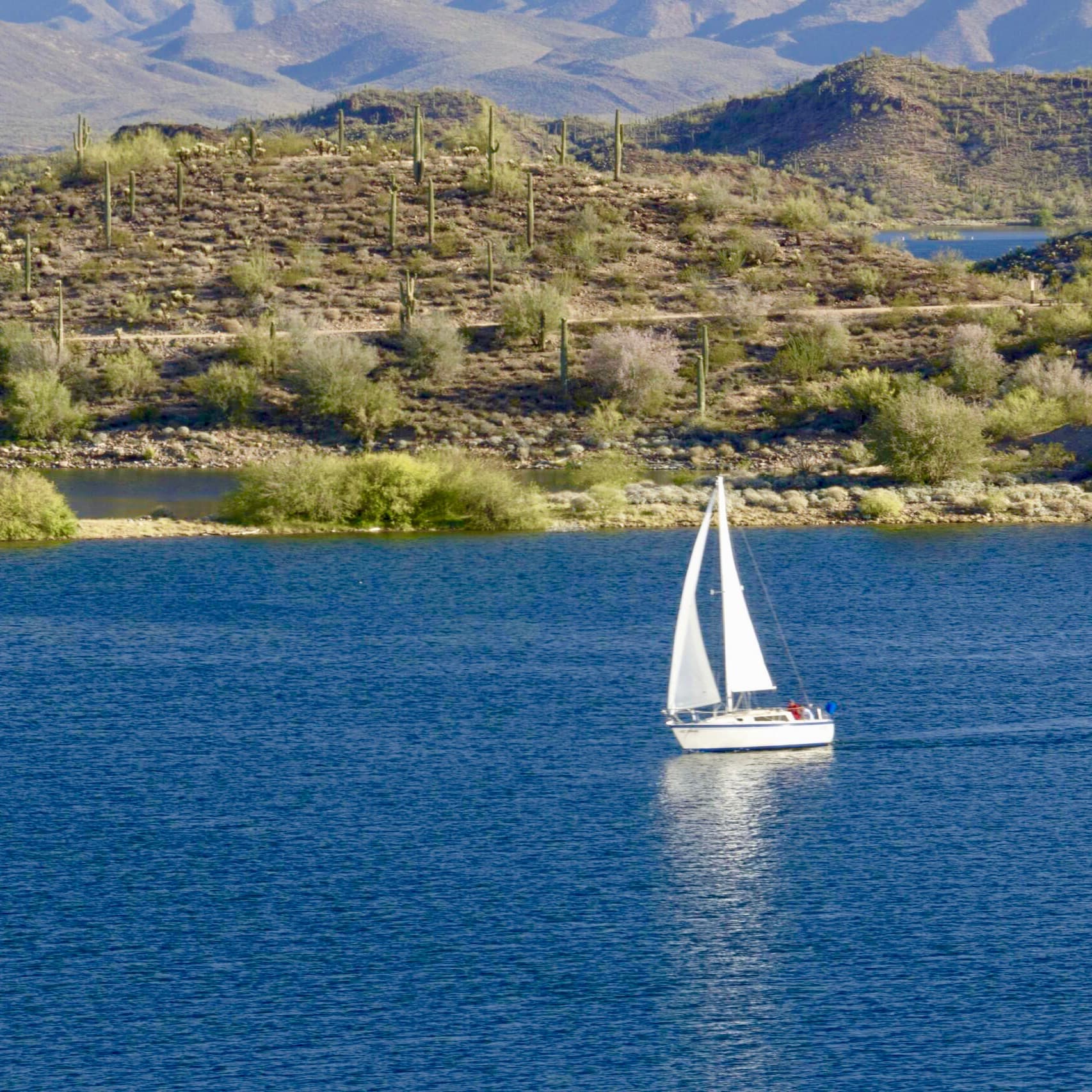
Jan 01 2018
2018: The Year To Assure Water For Arizona's Future Generations2018 is set to be a big year for Arizona water law. For the last seven months, Arizona Gov. Doug Ducey has led a conversation about how to improve managing the state's Colorado River water and groundwater. The conversation included representatives from cities and private utilities, agriculture and ranching, mining and Native American tribes. We are waiting to see exactly how the results of ...
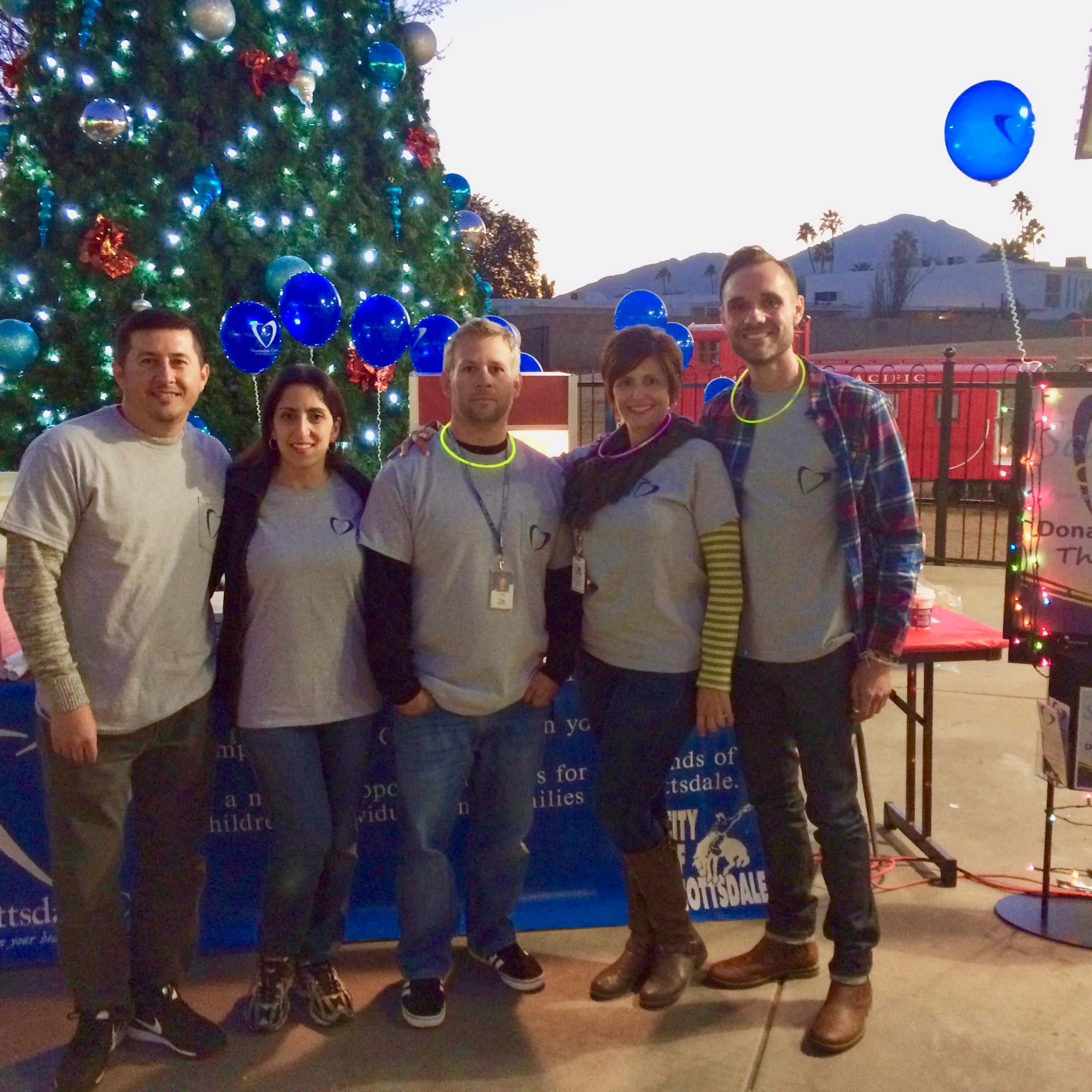
Dec 25 2017
Small Monthly Water Bill Donations Sustain Local CharitiesIn this season of gift giving, consider helping a less fortunate neighbor by making a donation through your city’s monthly water bill. It’s a simple way for a lot of people to automatically and directly contribute a small amount – usually a dollar or two a month - toward the wellbeing of local families. How residents can contribute is different for each city due to size, staff and software billin...
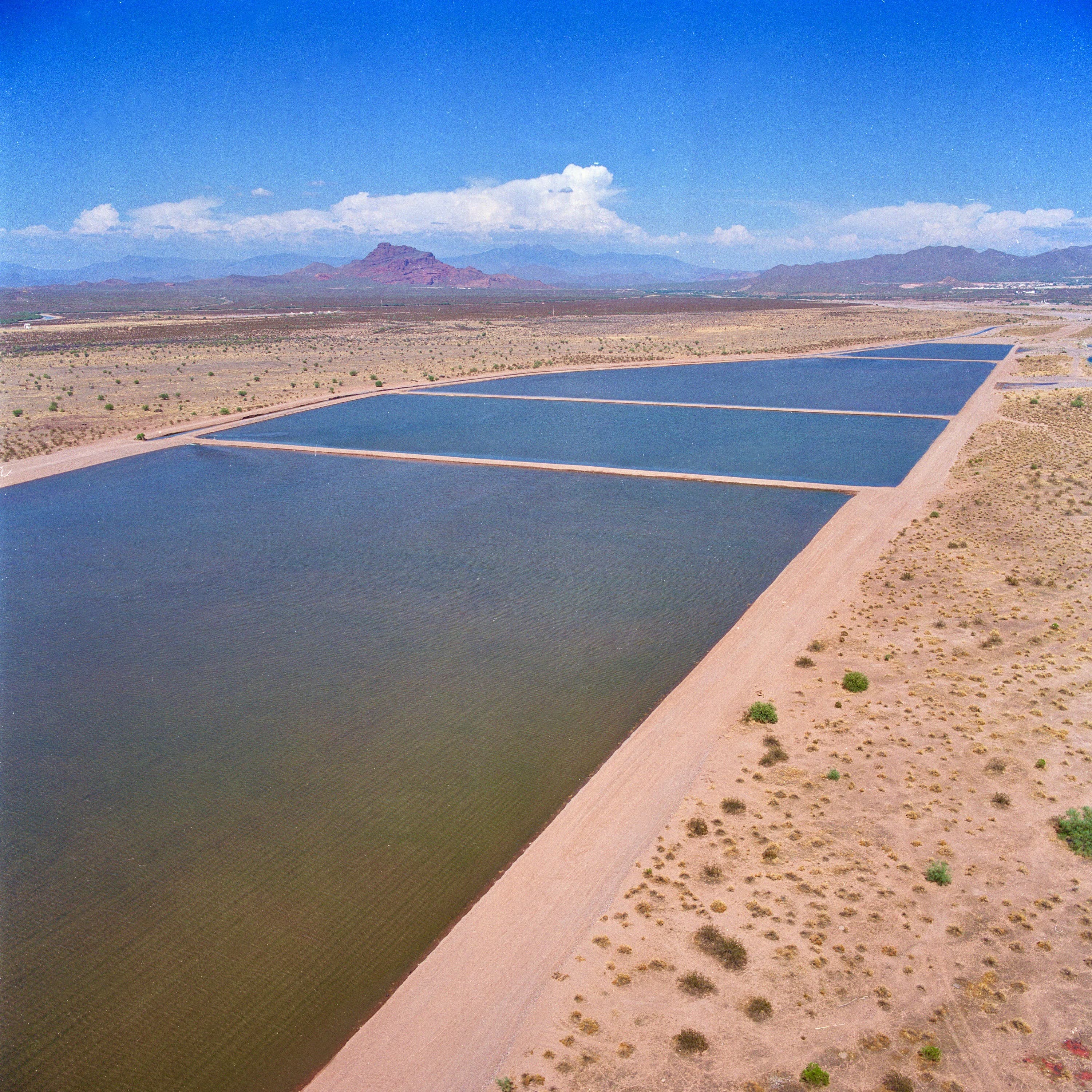
Dec 18 2017
Arizona Aquifers: Protecting The Water Beneath Our FeetThe aquifers containing groundwater beneath our feet are vital to our way of life. These aquifers help AMWUA cities manage their water supplies in three important ways. First, like the reservoirs behind dams, cities use the aquifers to temporarily store water for later recovery within the year. Second, like a savings account, cities use the aquifers to store surplus river water and treated wastewa...
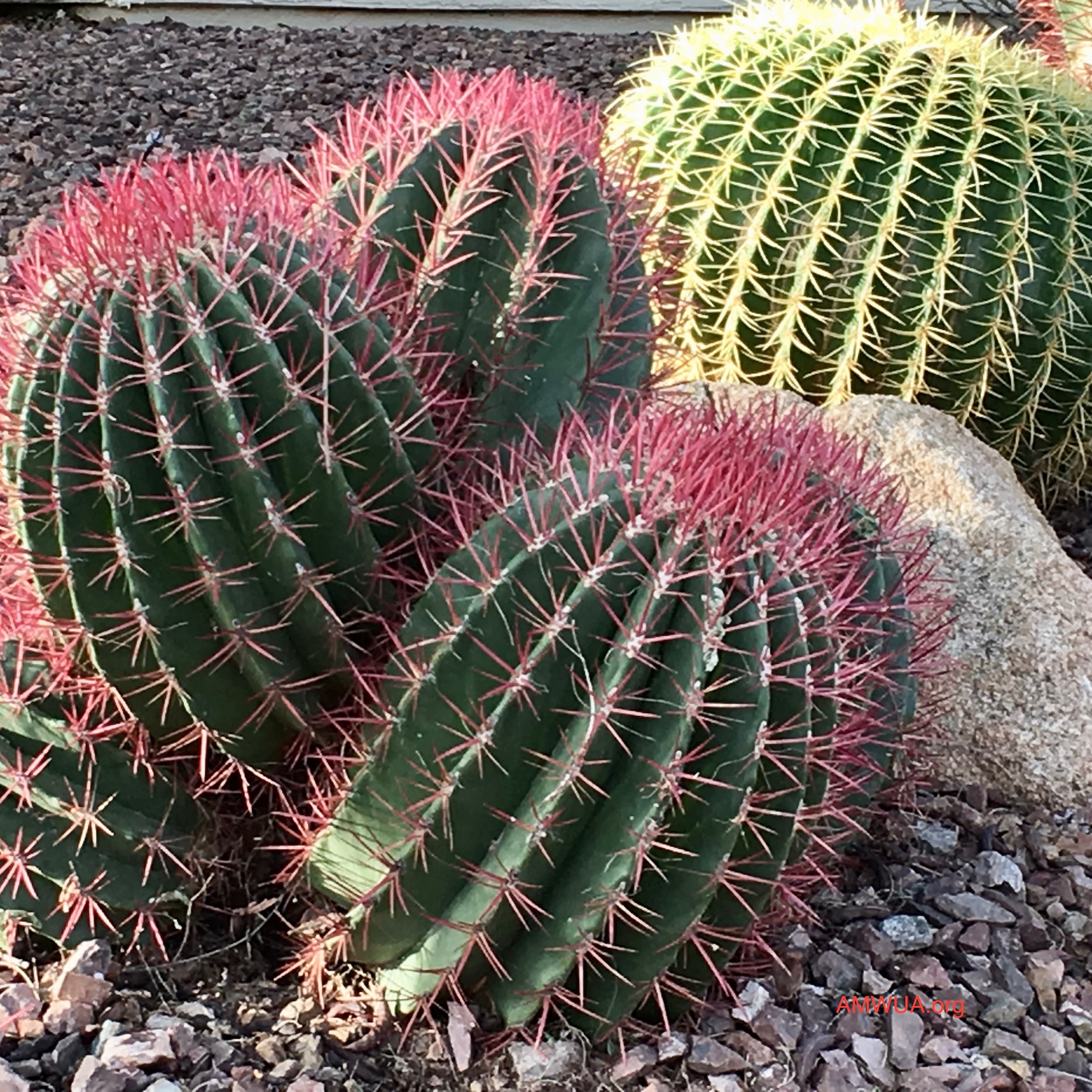
Dec 11 2017
10 Tips For A Beautiful Low-Maintenance LandscapeIt’s not unusual to sit on your patio and wish for a prettier backyard or pull into the driveway and question the curb appeal of your home. Many homeowners need and prefer a low-maintenance yard, but that can lead to a lonely cactus and a couple of shrubs in a field of gravel. The joy of many desert-adapted plants is that you can have the drama, color and texture of a professional-looking landscap...
